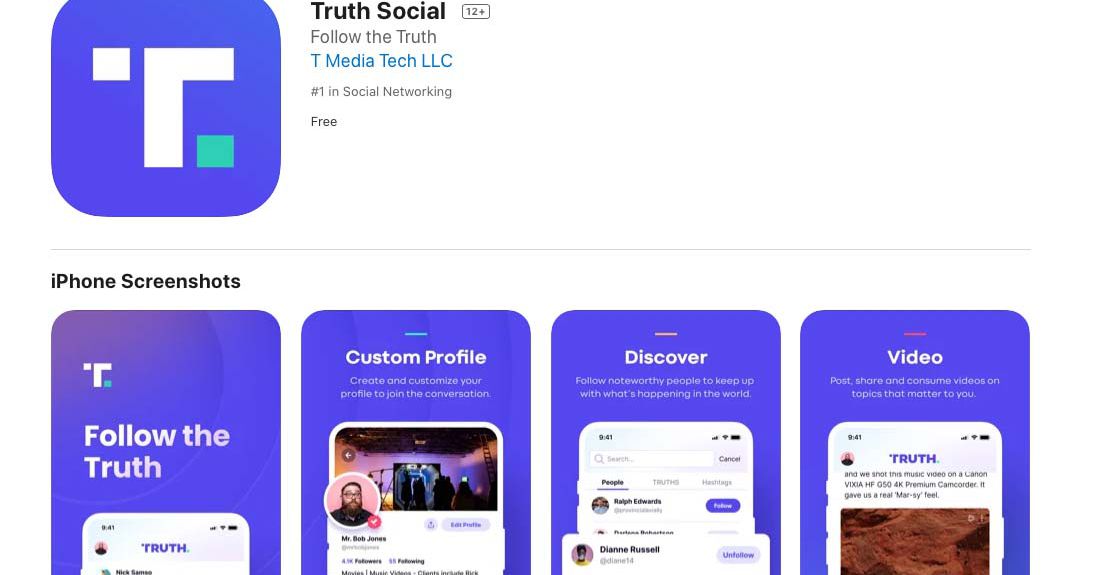7 Actionable Time Management Tips for Students
Have you ever planned to read for an exam at night only to sleep and wake up two hours before the examination? Or perhaps you postponed reading a topic and found it in the test, yet you didn’t even...

Have you ever planned to read for an exam at night only to sleep and wake up two hours before the examination? Or perhaps you postponed reading a topic and found it in the test, yet you didn’t even look at it before entering the examination room. A lot of this happens to us when we are students, but I have learned that these experiences come as opportunities to plan or do time management better next time.
A popular phrase goes, “Time Once Lost is Never Found,” and another says, “Time waits for no Man.” That’s quite true, and I have surely lived to learn that there is always time for everything. Although, it’s all about what we choose to do at a particular time, which influences the outcomes.
Effective Time Management Plans
Throughout life, there is always going to be something to take us off course, and this badly hurts our time and success. Time management is a very crucial aspect of an individual — whether a student or an entrepreneur.
Effective time management skills are crucial throughout one’s academic journey and professional life. Generally, if we want to achieve greater goals, we must be good at time management.
However, it’s common to lose track of time, get caught up in traffic, or forget the assignment’s due date. In a modern world like today, just using a hand watch or a calendar is no longer an effective approach to managing time.
At this juncture, we would like to explore the most reliable time management tips for students that will guarantee optimal efficiency and productivity, especially during the examination period.
7 Actionable Time Management Tips for Students
There is a range of time management tips students can leverage to escape stress, achieve a class-life balance or perhaps excel academically. But let’s look at the top 7 most reliable time management tips any student can rely on.
1. Creating a To-Do List
Creating a to-do list is one of the best approaches to effective time management. Some people also follow calendars or schedules to ensure that they perform every task timely. However, it’s not all about creating a list of things to do in a day or week but also grading them according to their importance.
Prioritizing tasks helps us not to waste time on tasks that don’t matter or spend a lot of time on those which require less time.
The Pareto principle is a simple and time-efficient rule to follow. Developed by Vilfredo Pareto, an Italian engineer and economist, the principle shows a correlation between the output and the input. The Pareto Principle states that 80% of the outcomes are driven by 20% of the input. In other words, 80% of the goals will come from 20% of your efforts and actions. Focusing on a few things at a time will offer you efficiency.
When it comes to applying the Pareto principle, one has to list down all tasks, identify the 20%, remove unproductive tasks and then execute the 80/20 rule. Generally, you have to be clear on whatever task you have to do in a day, week, or month. You then have to identify the most crucial tasks (20%) that will bring about the 80% (expected results).
Once you have graded all your tasks, it’s essential that you identify the productive and unproductive tasks. You have to get rid of them or delegate them. Then implement the 80/20 rule by beginning with the most crucial tasks. You can also re-organize tasks or refocus priorities as you complete the most crucial tasks to achieve optimal efficiency.
2. Using Time Tracking Tools
Most of us agree that time management is essential, but there are many times when we lose track of it. For example, you can plan to spend two hours on a task and end up completing it in four. Identifying the cause of that and eliminating distractions can help you manage time better.
Thanks to technology, there is a range of time management tools besides your watch that can help you stay ahead of time. With these tools, students can create to-do lists and organize notes in one place for easy access. Some tools allow users to prioritize tasks as per the due date or sync notes across all devices.
Using at least one reliable time management tool can help you manage time better, make better decisions, and become more organized and productive. If you’re looking for time management tools, you can check out a few, like Trello, Evernote, my Homework Student Planner, Focus Booster, etc.
3. Using POMODORO Technique
The Pomodoro technique is a simple productivity hack that helps people work within the available time. If you aren’t used to this time management technique, you might find it unrealistic or boring, but many people swear by it.
The Pomodoro system requires one to identify the available time or tasks and break it into 25-minute intervals with a 5-minutes break in between. The intervals are referred to as Pomodoros, and after every four Pomodoros, one must take a longer break of 15-20 minutes.
Most people tend to feel like they have the entire day or a lot of time to complete a task which increases sluggishness and ineffectiveness. The Pomodoro technique comes in to instill a sense of urgency where one is reminded to complete a task within the allocated time. It also helps one to be mindful of distractions and unnecessary activities like phone use that can lead to poor time management.
This time management approach can help increase focus and productivity and also works effectively to reduce burn-out. One can use a timer, but there are many Pomodoro apps, such as Pomodoro Timer Lite and Focus Keeper, to help track productivity, ensure breaks in between tasks, and own your time.
4. Collaboration Tools
It’s impossible to escape collaborative activities in today’s education system, more so in the corporate world. Collaboration is an effective way to enhance knowledge, get complex tasks done effectively, or coordinate remotely. The outbreak of COVID-19 has led to a greater demand for collaboration tools across sectors.
When it comes to the education sphere, collaboration tools are seen as a dynamic learning technique with the potential to increase engagement. Today, there are many collaboration tools that students can use to collaborate on projects or share feedback timely.
Some of these include Edmondo, FlipGrid, School Frindzy, Google Docs/Google Drive, etc. These tools come with different functionalities that allow student-teacher collaboration, content creation, formative assessment, and feedback sharing.
5. Manage Distractions
It is quite easy to plan, but whenever we plan, it’s essential to also plan for the unexpected. There is nothing that affects academic outcomes like distractions and unexpected assignments. So whenever we plan, we should always leave room for the unexpected. Distractions are everywhere, and they can occur whether studying virtually or in a physical classroom.
So what do you do when studying remotely, but there is a lot of noise around you that makes it hard to concentrate? Try to find a safe and noise-free learning environment to help you concentrate on your studies. That could be creating a dedicated study space that is soundproof and with no distractive elements like portraits or TV screens. You can also find a noise-free zone in case studying within the school premises.
Moving away from distractions will help you finish classwork at the appropriate time, and it will help you escape stress and classroom anxiety. It will also help you spare time to build your social life or develop your talent. You ought to know that distractions are everywhere, but managing them effectively is one of the best approaches to keeping track of time.
6. Be Flexible
Being flexible is like having a growth mindset. Students with a good degree of flexibility are hardly affected by abrupt happenings or changes in systems. For example, the 2020 outbreak forced students to adopt remote or hybrid learning cultures. Some students who aren’t flexible enough found it challenging to the new learning models.
Cognitive flexibility is vital for teachers and learners to move at the same pace. Generally, cognitive flexibility allows students to adopt new learning systems without hesitation, embrace new experiences, and deal with classroom anxiety. When it comes to professional life, cognitive flexibility allows us to deal with or manage people effectively.
Student life is all about being flexible because there are times when you will have to read while surrounded by noisy people. Or search for a suitable place to continue with your reading instead of postponing it. We all know how studies can become boring, so you have to experiment with schedules to find the period in which you’re most effective to help you manage your time appropriately.
7. Avoid Procrastinating
We’ve all done it before, and perhaps we still do it. If you aren’t sure whether you’re a procrastinator, then spare a few minutes to assess yourself. Do you get tasks with a future deadline and postpone them only to work through them a night before submitting them the next day? Do you at times find yourself racing with time to meet the deadline, yet had a whole week to do the task?
Procrastination is the tendency to delay or postpone activities with a belief that there is still time to do them. Procrastination may not always be bad, but it increases ineffectiveness because there are higher chances of operating in rush hours. Letting go of procrastination can help you improve yourself and the way you value time.
To encapsulate, poor time management affects punctuality and can lead to loss of opportunities. Being sensitive to time during school life can contribute to one’s success in the professional sphere. We have taken the time here to explore the most reliable time management tips for students, and we believe they can make a huge difference in the way you manage your time.
Featured Image Credit: Provided by the Author; Thank you!
![]()
Kiara Miller
"Doing what you love is the cornerstone of having abundance in your life." Wayne Dyer's thoughts are well suited to Kiara Miller. Miller has been working as a content marketing professional at "The Speakingnerd." Her passion for writing is also visible in the innovative joys of material she provides to her readers.

 Fransebas
Fransebas 































